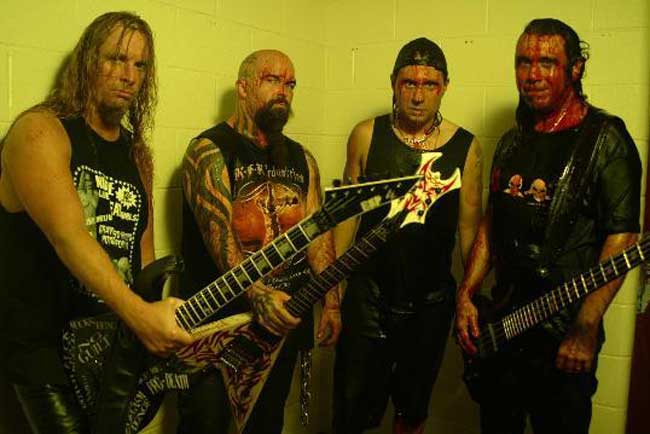CoryKS
Senior Master
If someone is truly intent on hurting you, then you have no choice but to fight back and that applies not just to physical attacks, but also to psychological, emotional, and verbal attacks and that is why it is best to learn as much as you can so that you can protect and defend yourself.
If a guy does not stand up for himself and assert himself then he is basically reducing himself and making himself look like a complete wus as he apparently does not have the courage to stand up for himself and to defend himself at all. That is the kind of mentallity that muggers and terrorists are looking for as their whole purpose is to produce fear in you so that you will not stand up to them and fight back at all.
It sounds to me like you have elevated monkeydancing to the status of self defense. This is a troubling viewpoint, as it virtually guarantees that you will respond disproportionately to any perceived affront.


